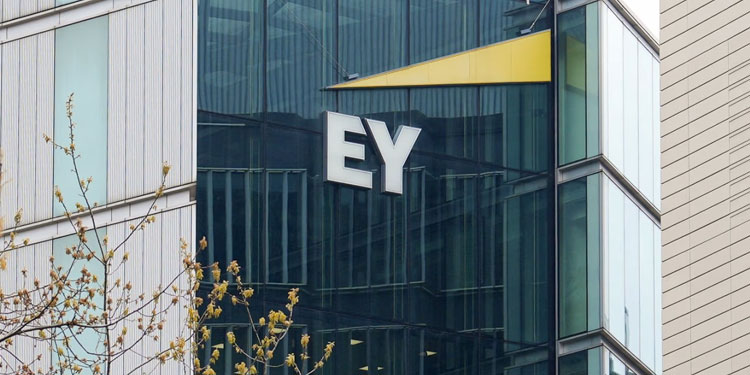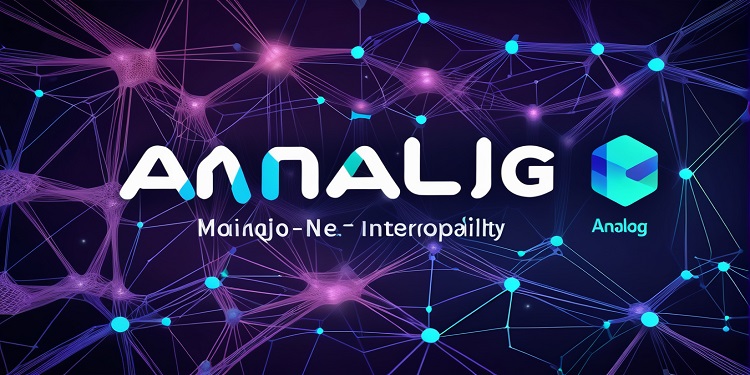 Ernst & Young (EY), one of the Big Four accounting firms has acquired Andy Crypto-Asset Accounting and Tax (CAAT) – a cryptocurrency accounting and regulatory compliance software – from Elevated Consciousness, a San Francisco startup that is focused on developing cryptocurrency solutions.
Ernst & Young (EY), one of the Big Four accounting firms has acquired Andy Crypto-Asset Accounting and Tax (CAAT) – a cryptocurrency accounting and regulatory compliance software – from Elevated Consciousness, a San Francisco startup that is focused on developing cryptocurrency solutions.
The announcement was made through Americas Tax Innovation Foundry.
About CAAT
CAAT, an accounting tool that has the ability to integrate with cryptocurrency exchanges and wallets, provides clear and in-depth insights into historical crypto transactions and holdings. The tool could be of great use to large institutional traders and investors who will not be able to use the common accounting and tax solutions in the cryptocurrency sector.
By acquiring CAAT, EY gets an unhindered competitive advantage, making it easy to acquire clients who are looking at the option of entering into cryptocurrency market.
Notably, earlier in 2018, Ernst & Young launched the “EY Blockchain Analyzer” program. Commenting on the acquisition, Paul Brody, EY Global Innovation Leader, Blockchain said:
“Tax strategy, planning, and execution will be a key part of everything we build across our solutions, from supply chain management to software licensing solutions. We plan to integrate the CAAT tool into our blockchain analyzer portfolio to develop one of the industry’s broadest sets of technology and process services in tax and assurance.”
Likewise, Kate Barton, global vice chair of EY’s tax services, elaborated that EY views cryptocurrencies and blockchain as “transformational forces,” with power to drastically shift the manner in which business is done. Barton said
“CAAT positions us as a leader in serving a variety of companies adopting crypto-assets in an evolving regulatory environment.”
Big Four seriously looking at crypto
All the Big Four accounting firms, namely PwC, Ernst & Young, KPMG and Deloitte are slowly establishing their foot holds in the cryptocurrency sector. In November 2017, PwC HongKong received Bitcoin as payment from a client and entered into a blockchain partnership with Northern Trust. EY actually began the trend of accepting Bitcoin as payment in 2017.
Two months before, PwC bought a stake in VeChain, a Blokchain-as-a-Service provider based out of Singapore. In 2016, Deloitte established a Bitcoin ATM in its Toronto office, with a primary intention of making its employees realize the importance of learning about distributed ledger technology.
Ironically, while banks are still hesitating to enter into cryptocurrency sector in a big way, the Big Four have clearly forecast the potential of the technology and its possible impact on all business sectors.








